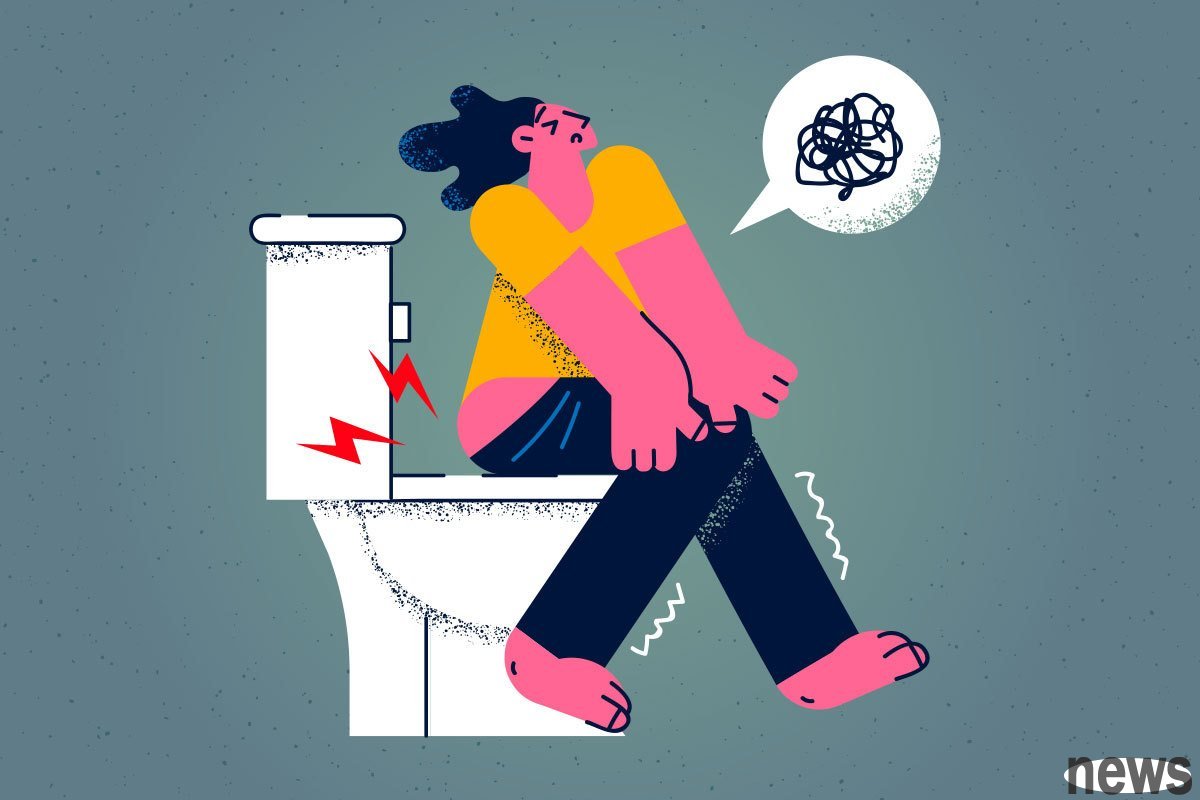The three articles on constipation I published received the same message on the same day (4-6, 2022): "Please ask if you have poor bowel movements. Is it also helpful to take the water-soluble fiber mentioned here?" The signatures of the p...

The three articles on constipation I published received the same message on the same day (4-6, 2022): "Please ask if you have poor bowel movements. Is it also helpful to take the water-soluble fiber mentioned here?" The signatures of the people who left the message were Zhuang, Chen, and Grace. My three articles are:
Constipation probiotics? Can the recommendations of "Health Guide" be trusted?
Constipation, sausage, melanosis
New Constipation Drug
The link in the message was an article published in the "Health Hall", with the title [What is "Super-fiber PHGG"? Is constipation useful for pregnant women? Are there any side effects? 】, and the first paragraph is: [Do you wonder, "Why do you eat a lot of vegetables and drink a lot of water, or are you still secret?" In fact, most vegetables belong to "water-insoluble fibers", such as: glutinous vegetables, glutinous mushrooms, and glutinous … although it can increase the amount of treathing, it will not help the treathing treathing (promote the treathing forward), while the "water-soluble fiber" can absorb water, promote treathing treathing, and make the treathing soft and easy to discharge! In other words, if you want to get constipated, the dietary fiber you eat must be "water-soluble". 】
clams! ? Basil rice! ? For constipation, the dietary fiber must be "water-soluble"! ! ? ? ……… Let's take a look at the following three information from more trusted institutions:
WebMD: "Waterless soluble fiber inhales water into the stool and increases the amount of stool, helping stool pass through the kidney faster."University of California, Sheffield, said: "Waterless solubilized Sex fiber helps speed up the flow of food in the digestive tract and helps prevent constipation. Good sources of water-insoluble fiber include whole grains, most vegetables, malt and beans. "
Mergo Clinic: "Water-insoluble fiber promotes quality and increases the body volume of stool through the digestive system, so it is beneficial for those with constipation or stools that are not regular. Whole marinade flour, marinade, fruit, beans and vegetables, such as cauliflower, green beans and potatoes, are good sources of water-insoluble fiber. "
So, it is clear that what the "Health Hall" says [must be "water-soluble"] is exactly the opposite of reality. What’s interesting is that under the name of “Health Hall” there is a saying “Your health is protected by yourself, and having correct knowledge is the first step”!
As for PHGG, the "Health Hall" first used this eye-catching title: "What is a super fiber PHGG? Can it reduce weight, clear the kidneys, and control blood sugar?", and then said: [If you want to simply, quickly and conveniently supplement water-soluble fiber, we used to supplement the precursor, chicory fiber, and oligosaccharide fiber. Now, nutrition experts have discovered a multifunctional natural super fiber called PHGG (Partially Hydrolyzed Guar Gum) , it is hydrolyzed by legumes, not only a "water-soluble fiber" but also a "probiotic". Because it is fermented, it can produce short chain fatty acids (SCFA), which are then decomposed by hundreds of mega-type bacteria into nutrients, inhibiting the breeding of harmful bacteria, helping to improve constipation, regulating the digestive tract, preventing the abdominal cavity, controlling sugar and reducing fat. This is something other water-soluble fibers cannot do! 】.
However, as early as 2011, the European Food Safety Authority issued the Scientific Opinion on the basis of health claims related to partially hydrolysed guar gum (PHGG) and one conclusion is: "The conclusion of the expert group is to take PHGG There is no causal relationship between reducing stomach and kidney failure. ”
There is also a sentence in a 2014 review paper: “As of 2014, the North American Association for Gastroenterology, Hepatic Diseases and Nutrition (NASPGHAN) and the European Association for Gastroenterology, Hepatic Diseases and Nutrition (ESPGHAN) do not support the use of scrubber supplements for functional constipation.” Please see Diets for Constipation. Also, please note that this article also says: "Generally speaking, it is well known that water-insoluble fiber can help constipation."
There is also a conclusion in another 2020 review paper: "There are some benefits for patients with constipation, obesity and allergic kidneys to recommend Fiber Supplementation has some benefits, but the significant abnormality and publication bias have damaging this support." See Effectiveness of Fiber Supplementation for Constipation, Weight Loss, and Supporting Gastrointestinal Function: A Narrative Review of Meta-Analyses (Analyses' effectiveness of saccharomyces, fattening and supporting stomach and kidney function: a descriptive summary of saccharomyces).
From these three reports, we can see that PHGG is used to improve constipation. Therefore, patients may be able to try it, but please do not believe the acclaimed ones too early.. Especially for "to suffer from constipation, the dietary fiber must be water-soluble", which is even more contrary to reality.
Original text: For constipation, must the fiber be water-soluble? Healthy School, is it healthy?